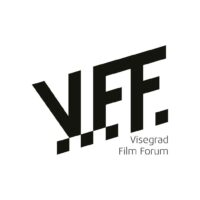Rúnar Rúnarsson
Collecting Pieces of Reality
Rúnar Rúnarsson is an acclaimed Icelandic screenwriter and director. Nominated for an Oscar in 2006, The Golden Palm in Cannes 2008 and The European Film Awards in 2008, Rúnar Rúnarsson is probably the most awarded short film director. Rúnarsson made his feature debut with “Volcano” (2011), selected for Cannes Directors’ Fortnight. “Volcano” became a festival darling and collected 17 international awards. His latest feature length film Echo (2019) won 2 awards in Locarno. He is also screenwriter of the film Solitude (2023) – Icelandic-French-Slovak co-production premiered at Toronto Film Festival.
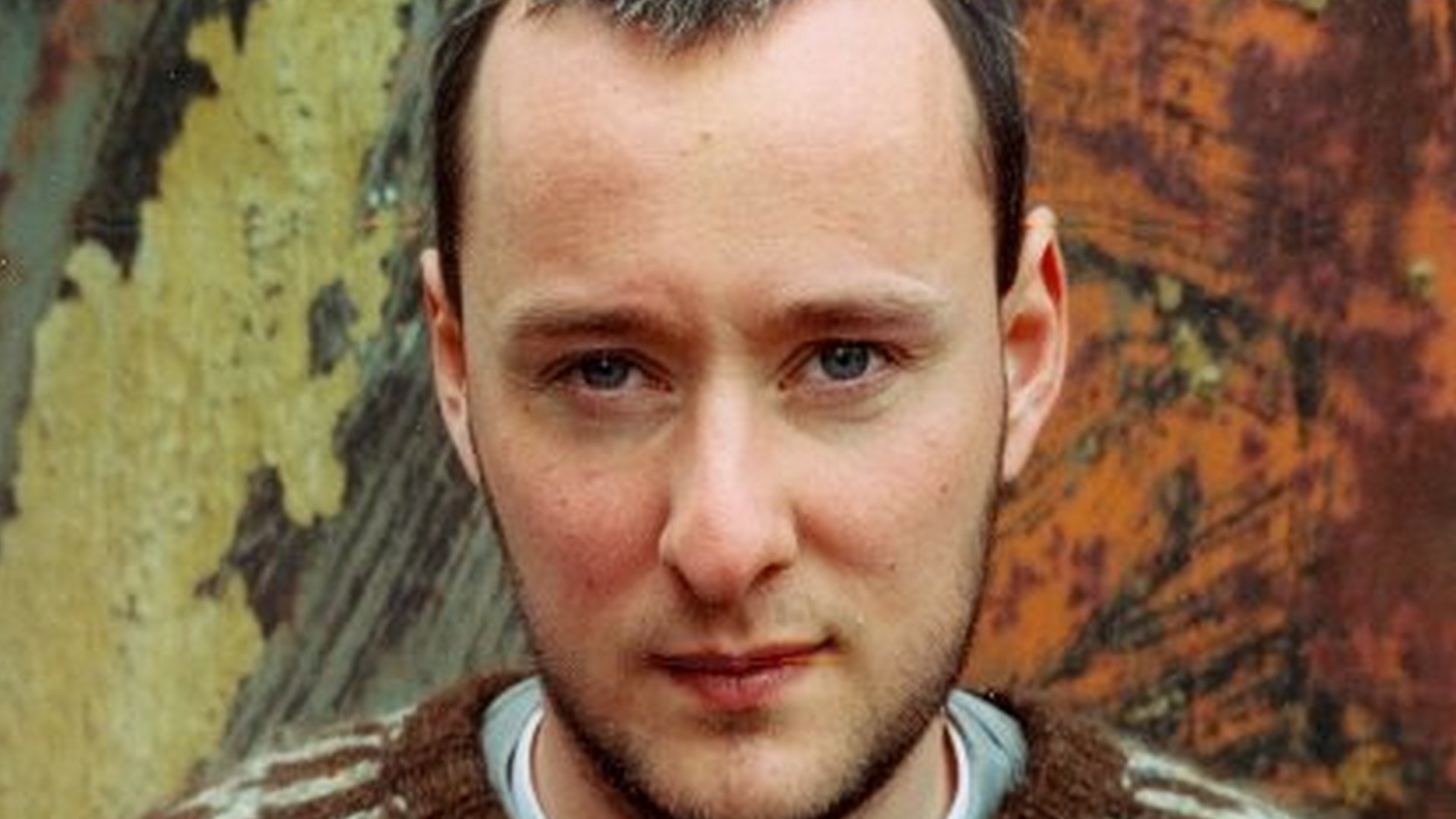
Rúnar Rúnarsson was born in Reykjavik, Iceland. He has been an active member of the local film industry in Iceland since secondary school. Rúnar Rúnarsson is one of two founders of Óhá_akvikmyndager in that was active in the nineties. A registered nonprofitable organization in Iceland with the purpose of cooperation between members in film events and independent filmmaking. Today the organization has been the centre of dozens shorts and documentaries, and organized couple of mini festivals.
Rúnar Rúnarsson was just in his teens when he decided to go for a career as a film director. At age 17, he and a friend made the short film “Toilet Kultur”, a single continuous shot of absurd events witnessed from the depths of a public lavatory bowl. The film was accepted to the Nordisk Panorama festival and the young Icelander was stoked. Soon, he was applying to the National Film School of Denmark. He graduated in 2009. “We have realistic approach to filmmaking, but some people are saying it is also documentaristic. But you know, it cannot be only social realism all the time and we try to achieve also poetic realism. In both, our visual and audio approach, we are taking expressionistic decisions, but we try to integrate them more naturally, so they are not so in-your-face style”, said Rúnar Rúnarsson about his creative process.
Stories should be more or less universal but also the nationality the film comes with certain nuances. How they react to different situations, different traditions and this is interesting when watching a foreign movie, to have this view of different societies widens your horizons and fiction has that power as well. It´s not reserved only for documentaries, telling the truth.
Rúnar Rúnarsson
In 2005 Rúnar Rúnarsson was nominated for an Oscar in the Best Live Action Short category with his first short film – The Last Farm (2004). A film is about an old man who might leave his farm keeps a secret. Although the film didn’t win the Academy Award, it won 14 different awards including Audience Award at International Short Film Festival Winterthur, Nordic Short Film Award at Nordisk Panorama or Youth Jury Award and ARTE Short Film Award at Dresden Film Festival. The film, which was nominated for an Oscar, struck the singular note that has since become a Rúnarsson hallmark: his rare ability to depict people at vulnerable crossroads in life.
I love making the shorts and I will continue in doing them. It´s like writing poetry, then you do a novel, but you keep writing the poetry.
Rúnar Rúnarsson
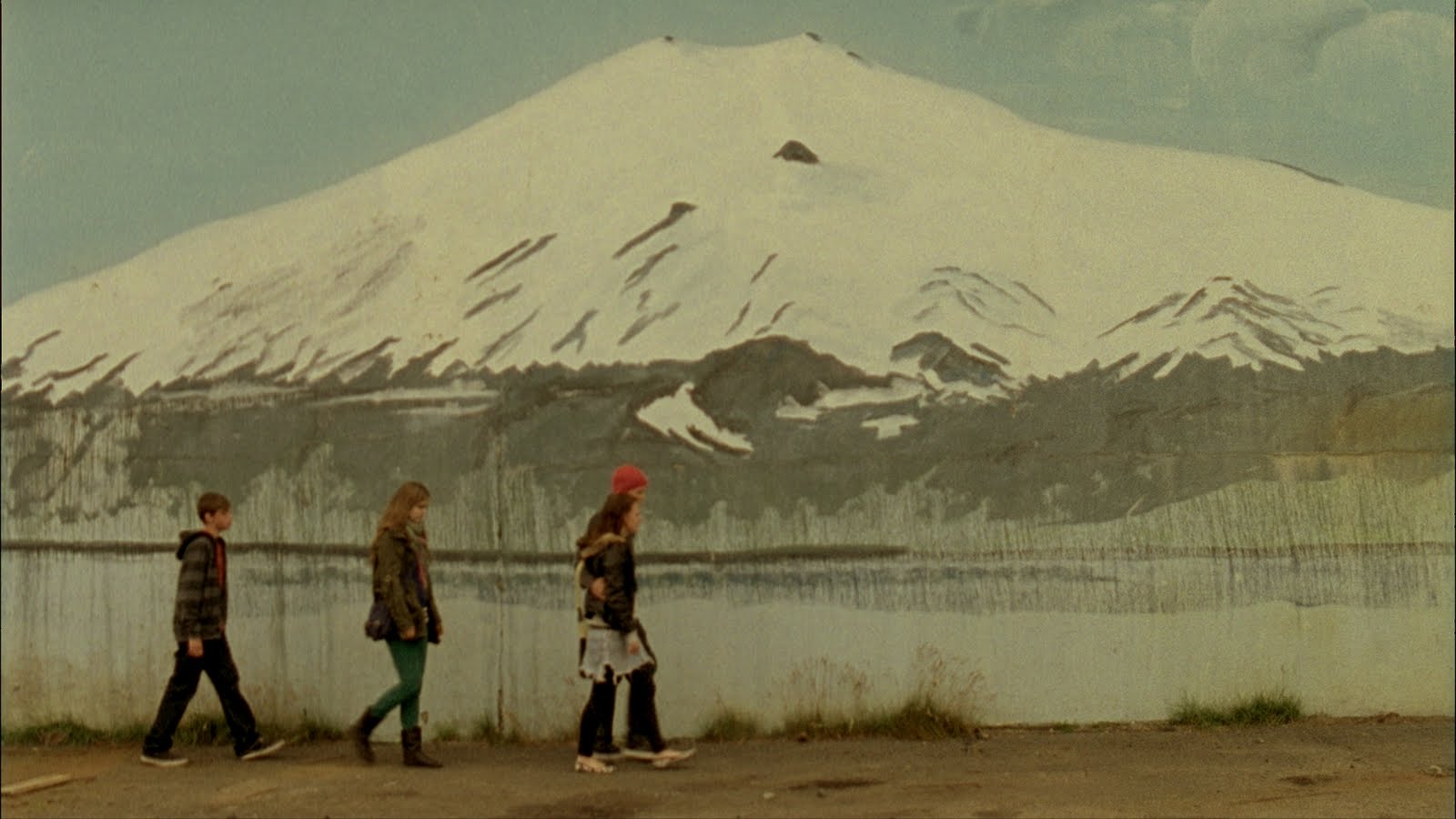
The story of his second short film – 2 Birds (2008) takes place during one bright summer night and follows a group of young teenagers on a journey from innocence to the stark reality of adulthood. “People at crossroads in their live interest me. The questions they are confronted with, in balance with the choices they have. I wanted to make a film about adolescents and love, a boy becoming a man,” said Rúnar Rúnarsson. The film was nominated for European Film Awards as European Short Film and also Palme d’Or at Cannes Film Festival. The third part of his Crossroads Trilogy and graduation film Anna (2009) – the story of 12-year-old girl, living in a small fishing village. She is at a crossroad in her life. Her surroundings are changing – and so is she. The film was selected for the Directors Fortnight in Cannes 2009. Rúnar Rúnarsson won more than 100 international awards for the whole Crossroads Trilogy.
Fiction can tell the truth as much as documentaries. It all mixes up and you have an author standing behind it portrays you the truth. Maybe it´s not the whole truth but fiction films treated with respect can be as valuable as documentaries regarding foreign cultures. So, it´s kind of a sister format.
Rúnar Rúnarsson
He made his feature film debut at the Directors’ Fortnight in Cannes 2011 with Volcano (2011) and was nominated for the Camera d’Or. Like “The Last Farm”, “Volcano” tells the story of an elderly man. It is a coming-of-age love story of a 67-year-old man and about dealing with the choices of the past and the difficulties of the present in order to embrace the future. The film became a festival favourite and has collected 17 awards. “As I see it, there’s not much distance thematically between my short films and ‘Volcano’. Each in its own way is about crossroads. One of the things that interest me most is how people navigate the transition from one stage in life to the next, whether from childhood to adolescence or adolescence to adulthood. Or, as in this film, someone is heading into the final phase of life. Someone who, as long as he can remember, has been defined by his job and now has to come to terms with a whole other set of circumstances,” Rúnarsson says.
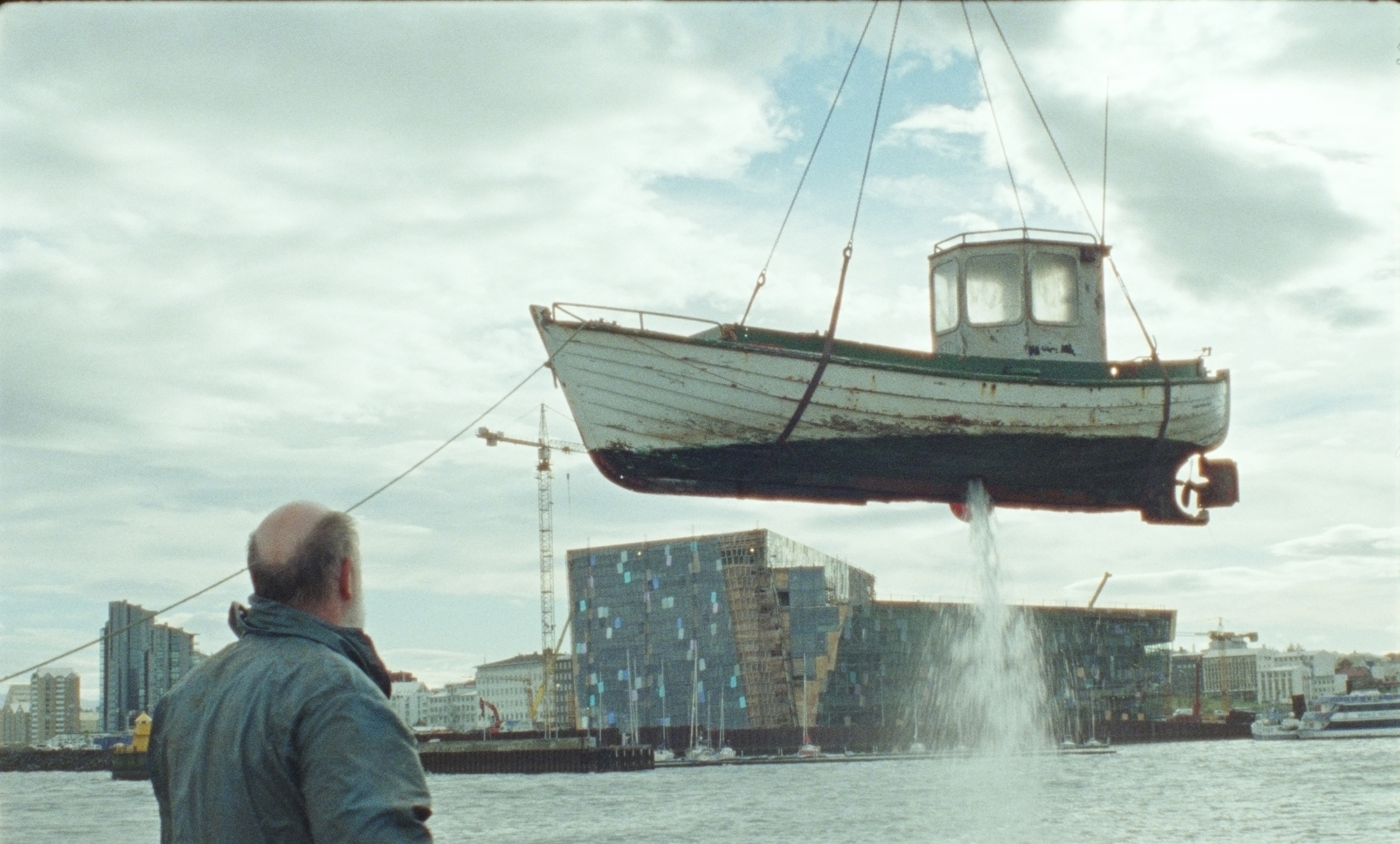
Sparrows (2015) is the second feature length film by Rúnar Rúnarsson. The film had a great festival run and it has been honoured with 20 international film awards since it was awarded the Golden Shell at the 63rd San Sebastián International Film Festival. Sparrows is a coming-of-age story about the 16-year-old boy Ari, who has been living with his mother in Reykjavik and is suddenly sent back to the remote Westfjords to live with his father Gunnar. There, he must navigate a difficult relationship with his father, and he finds his childhood friends changed. In these hopeless and declining surroundings, Ari must step up and find his way. Rúnarsson claims that with this film, a work of poetic realism, he has painted a portrait of the grim reality of his country, since what he recounts in Sparrows has been extracted from various events that he has directly experienced himself or second hand, through his friends’ accounts: something terrifying that is unveiled in the third act of this stark farewell to innocence.
Rúnar Rúnarsson returned to Iceland with his last feature length film Echo (2019) that was presented in International Competition at Locarno Film Festival 2019. Over a series of 56 discrete scenes, Echo draws a portrait of Iceland during the Christmas holidays. “It was a completely different way of working. All my films, even the short ones, always have this one main character who is present in every scene, and everything else is just supplementing his story. Now, I am eliminating that. It was a much bigger challenge than I ever could have anticipated. Although, to contradict a bit what I just said, there actually is a main character in Echo – it’s society. And society is in each and every scene, with different people portraying its many aspects.” said Rúnar Rúnarsson.
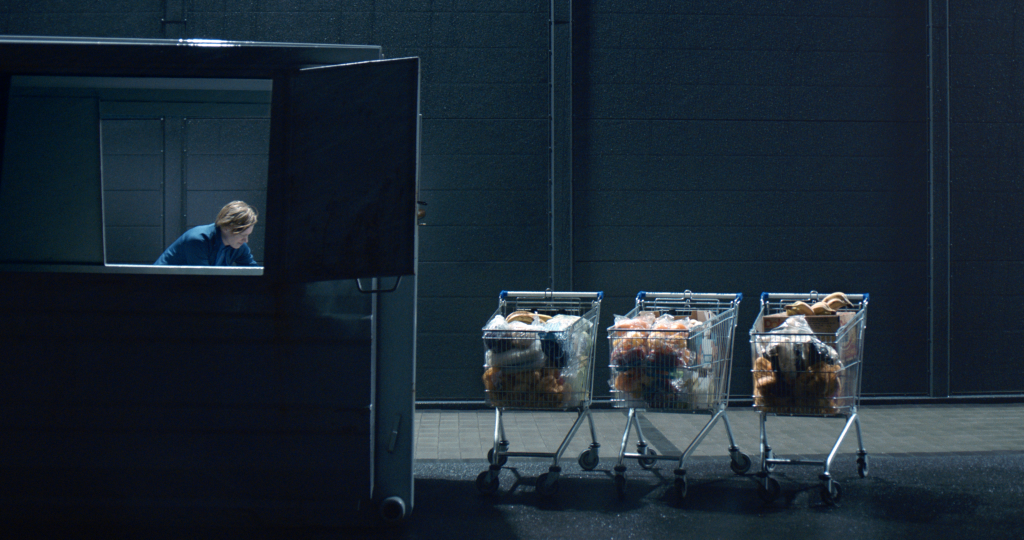
His last completed project is film Solitude (2023). An aged farmer moves to the urban city for the first time in his life. He befriends a paper delivery boy in the neighbourhood and their connection changes the course of both their lives and the boy’s family. The difference is that Rúnar Rúnarsson is just the author of the script, and he was looking for another director to make the film. The perfect match was for him young Icelandic director Ninna Pálmadóttir. For her it was the debut feature film. As she said: “It sounds like a cliche, but it was written in the stars. I was so moved as a 17-year-old watching Rúnar’s short film Sparrows in my hometown in the north of Iceland. I always thought his work was amazing. He had this script he wanted someone else to direct and when he saw my short film Paperboy, he reached out to his producer Lilja Ósk Snorradóttir at Pegasus Pictures to say, ‘I found the director.’ And the funny thing is that Lilja and I had already started speaking about me making my first feature – after she had seen Paperboy. So she sent me the script and said, ‘Just see if you connect to it.’ “ The film was premiered in Toronto International Film Festival.
